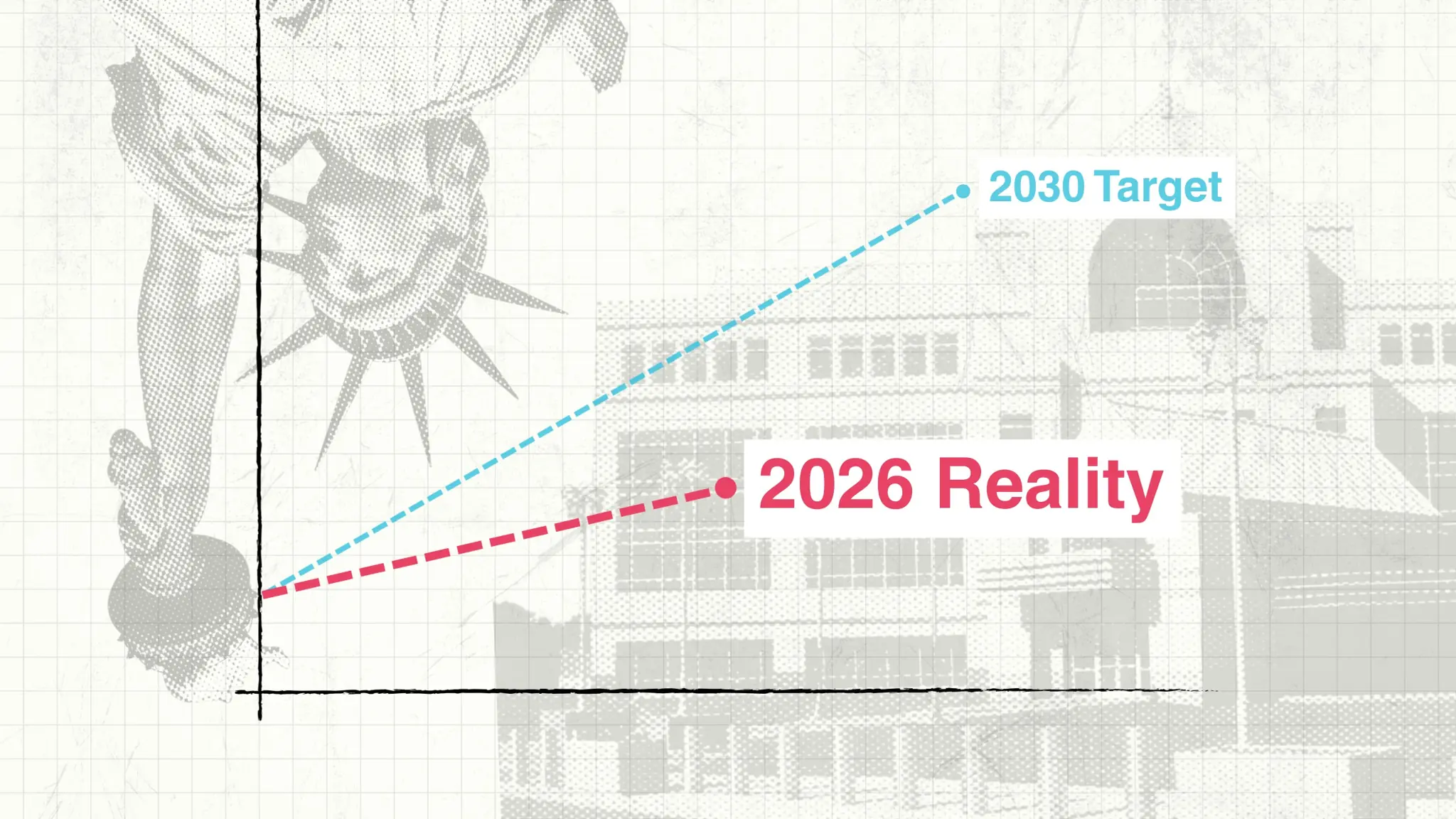GB BESS Outlook Q3 2024: How will battery markets evolve?
Battery energy storage systems in Great Britain earn revenue through a variety of markets with different mechanisms. The revenue stack for batteries has shifted away from ancillary services towards merchant markets. But what are the main markets, how do they operate, and how will prices develop over time?
This article was updated in Q3 2024 with the latest market data and results from version 3.1 of the forecast. For more details on the GB BESS Outlook, head to our executive summary here.
Batteries maximize revenues by performing actions across multiple markets, ‘stacking’ revenues from each. These markets and corresponding actions occur across different time horizons. Some operate years out, such as for the Capacity Market. Others occur within the day or even in real-time.

Click on the links below to navigate through each section of the article:
- Wholesale trading
- Balancing Mechanism
- Ancillary services: frequency response and reserve
- Capacity Market
- Network charges
Wholesale trading
Trading power on the wholesale markets has become the largest revenue stream for battery energy storage. Over the lifetime of a battery built today, we forecast wholesale trading to represent 67% of total revenues.
Batteries profit from the spread between their charge and discharge prices. Price spreads, measured as the difference between the maximum and minimum price each day, largely determine the value batteries can earn from trading.
Fundamentals such as prices, the amount of renewable , and prices in drive these price spreads.
Already a subscriber?
Log in







